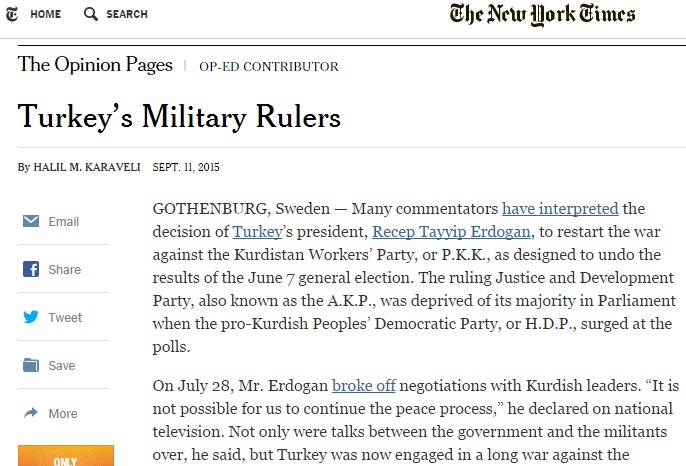In Georgia, opposition parties have accused the pro-Russian Georgian Dream party of stealing recent elections, leading to protests and calls for an investigation into electoral violations. Discrepancies between official results and exit polls have sparked demands for snap elections supervised by an international body. The European Union has called for a thorough inquiry into allegations of voter intimidation and multiple voting. The protests are also a response to fears of Georgia shifting closer to Russia, with Western support at stake. The situation could lead to EU sanctions, further complicating Georgia’s aspirations for EU and NATO membership.
For more details, check out the video.
RELATED PUBLICATIONS:
 September 11, 2015
September 11, 2015

 What should be the United States’ strategy towards Central Asia, the Caucasus, and the region of Greater Central Asia (GCA) as a whole? Should it even have one? Unlike most other world regions, these lands did not figure in US policy until the collapse of the USSR in 1991. Though the new Baltic states entered Washington’s field of vision in that year, in those cases the Department of State could recall and build upon America’s relations with independent Estonia, Latvia, and Lithuania during the inter-war decades. For the US Government after 1991, GCA was defined less as sovereign states than as a group of “former Soviet republics” that continued to be perceived mainly through a Russian lens, if at all.
What should be the United States’ strategy towards Central Asia, the Caucasus, and the region of Greater Central Asia (GCA) as a whole? Should it even have one? Unlike most other world regions, these lands did not figure in US policy until the collapse of the USSR in 1991. Though the new Baltic states entered Washington’s field of vision in that year, in those cases the Department of State could recall and build upon America’s relations with independent Estonia, Latvia, and Lithuania during the inter-war decades. For the US Government after 1991, GCA was defined less as sovereign states than as a group of “former Soviet republics” that continued to be perceived mainly through a Russian lens, if at all.